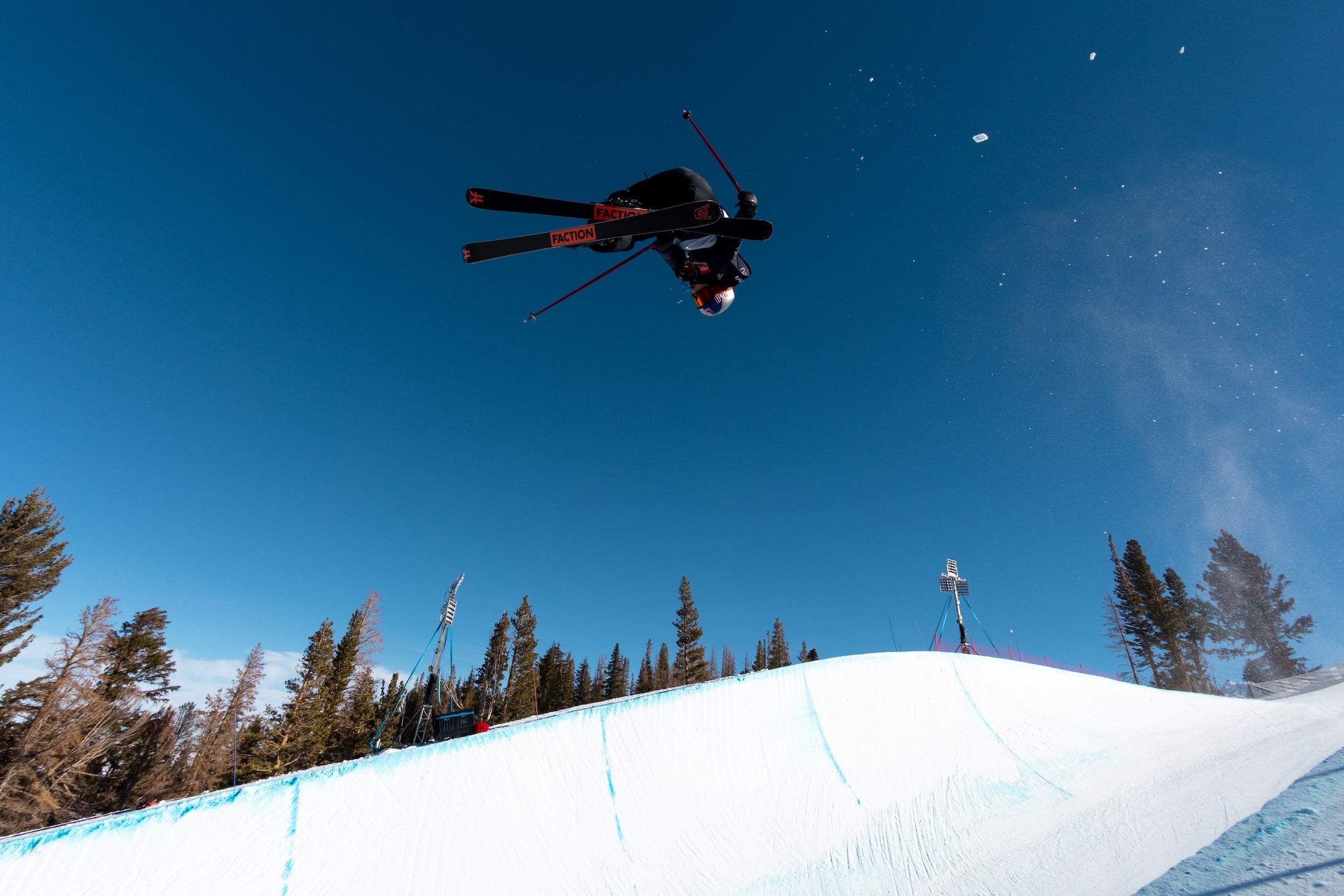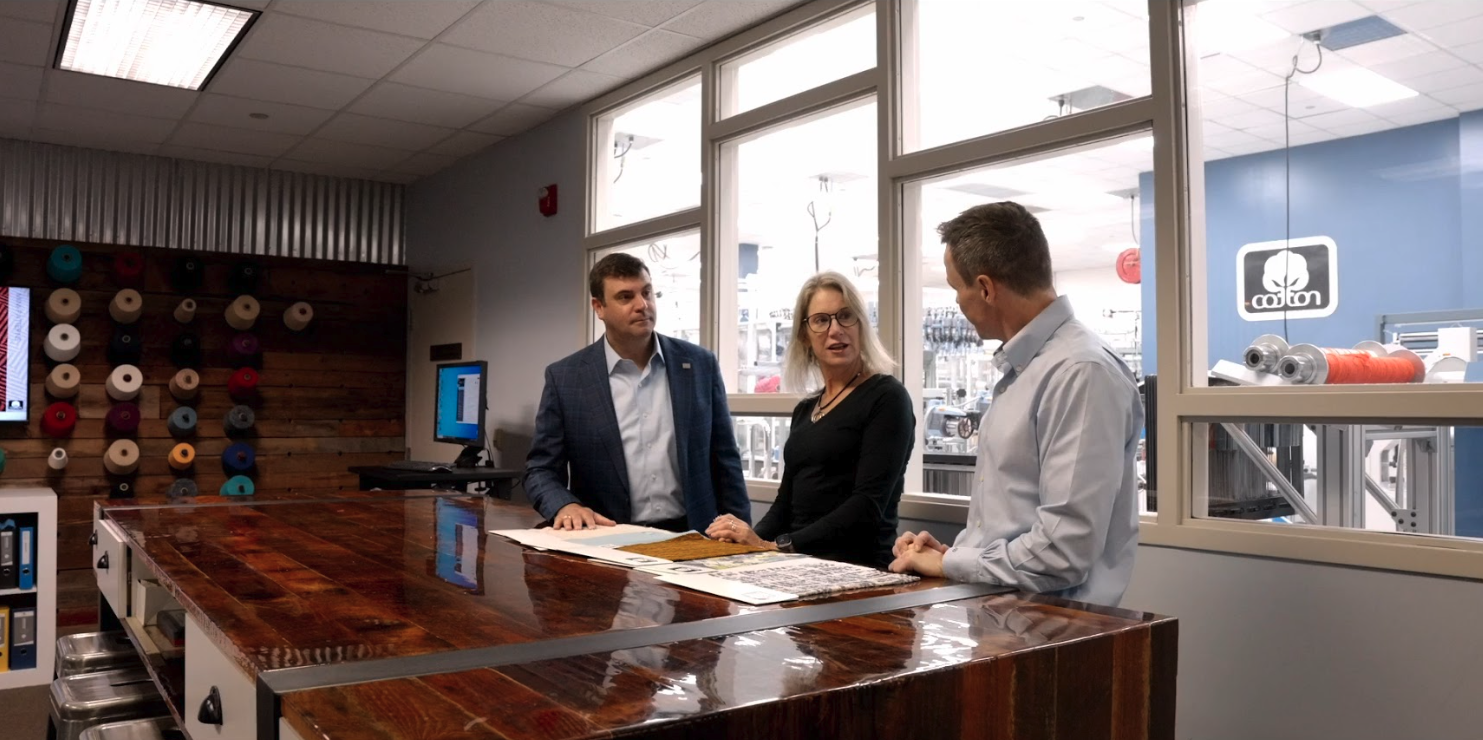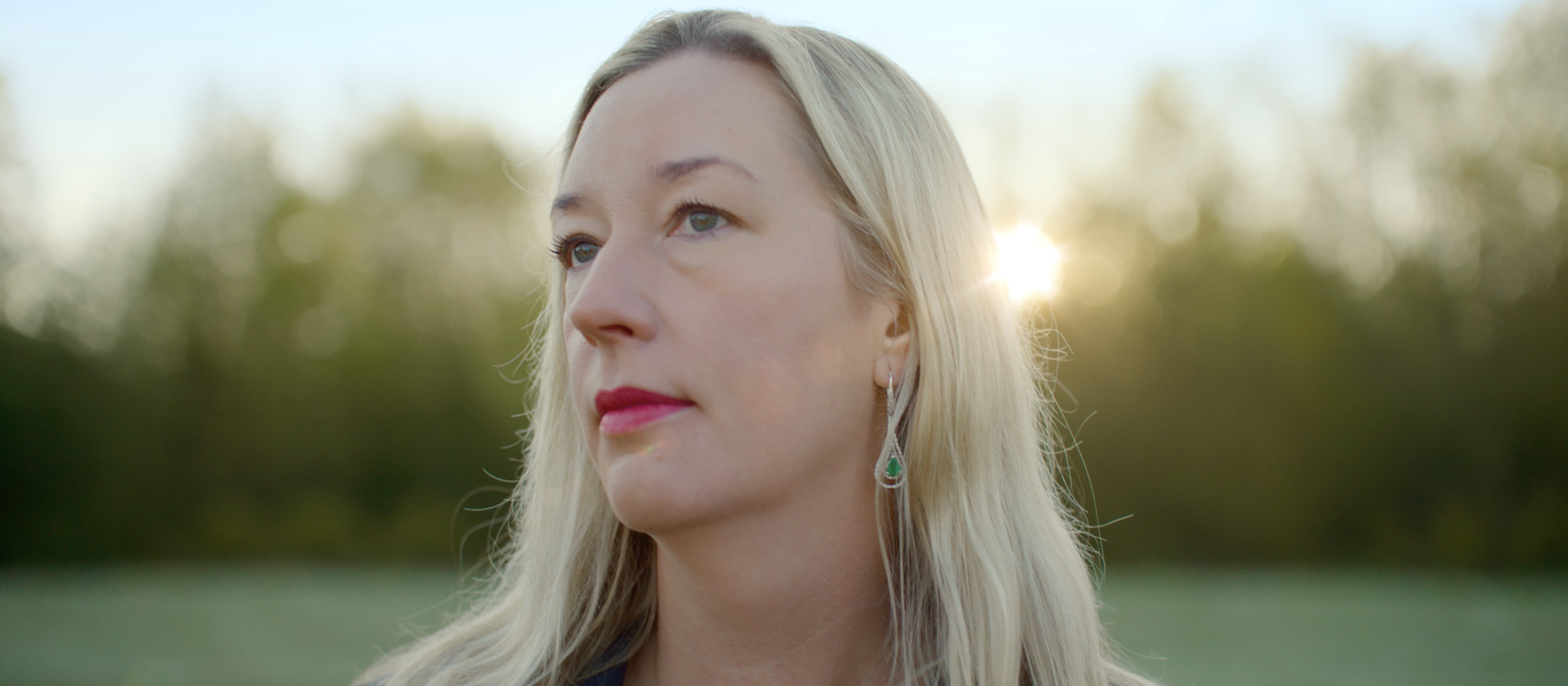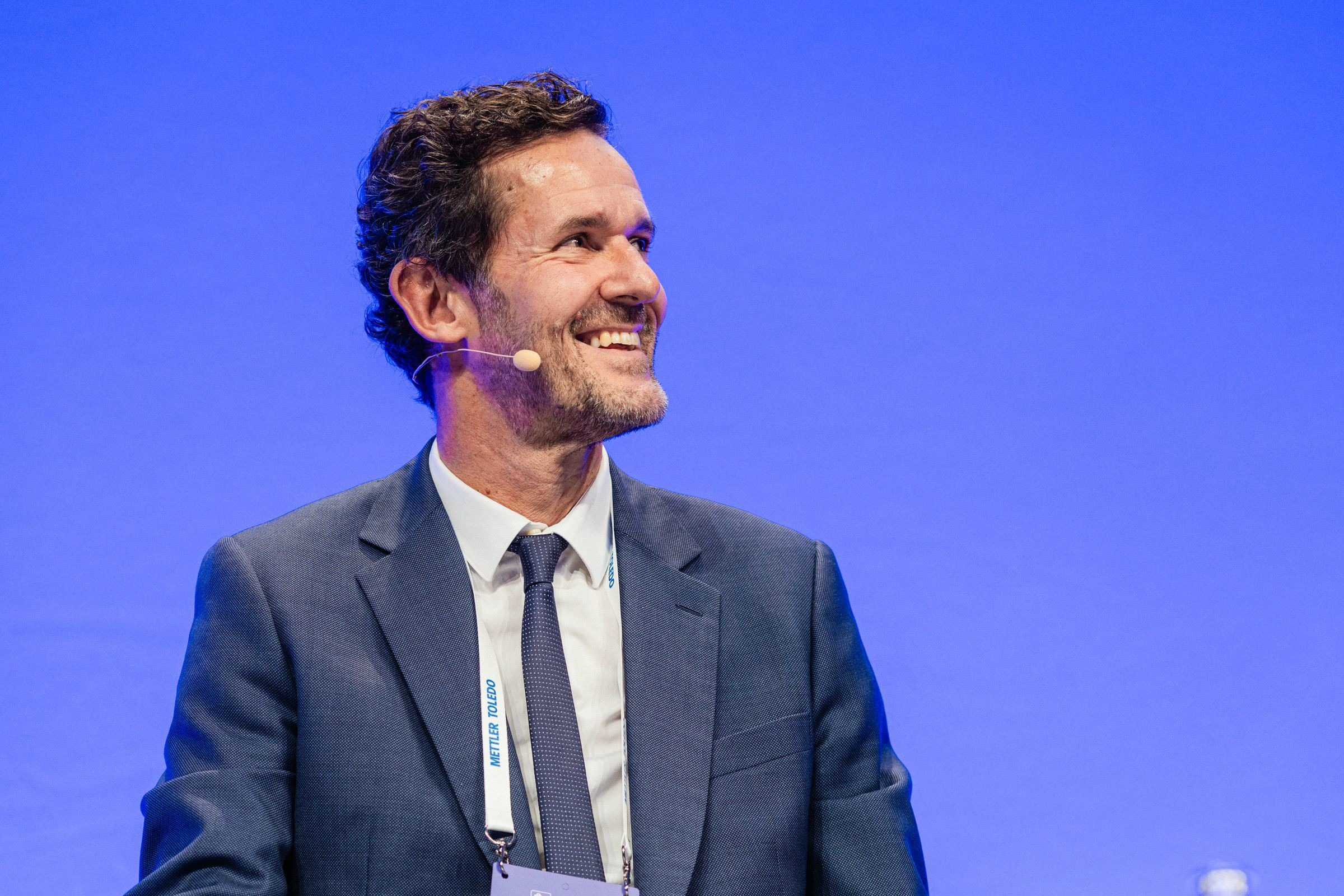FIS leads snow sports to the forefront of the fight against climate change

The International Ski and Snowboard Federation (FIS) is the first to acknowledge: climate change, the biggest challenge of our lifetime, is an existential threat to snow sports.
Under the leadership of long-time climate activist Johan Eliasch, FIS has put its responsibility to the planet and the environment at the top of its agenda. The federation has been focusing on science and relying on strong partnerships to ensure that snow sports can play a significant part in tackling the climate crisis.
As the worldwide governing body of ski and snowboard, FIS oversees the disciplines that account for around 55% of all medals awarded at the Winter Olympic Games and 80% of those distributed at the Winter Paralympic Games.
With more than 7,000 annual events under its umbrella, the international federation is the tip of the spear for a broad ecosystem that includes National Ski Associations (NSAs), Local Organizing Committees, ski resorts, etc.
“The endeavor of reducing environmental impact and using the power of the sport to spread awareness about global warming can only be achieved with actions that impact this entire ecosystem,” explains FIS President Johan Eliasch, referring to some of the key steps taken by the organization over the last few years:
- FIS has signed up to the UN Sports for Climate Action Framework in 2021, as well as to the Sports For Nature Framework in 2023, and pledged to cut its emissions in half by 2030.
- FIS developed and issued a sustainability strategy for the next three years, the FIS Impact Programme, the first annual report of which is set to be published early in 2025, together with our first Carbon Action Plan, developed with advisory from Deloitte.
- FIS has recently entered partnerships with the intention of putting science at the service of fighting the climate crisis: with the United Nations’ World Meteorological Organization and with the European Space Agency.
- FIS enhanced the process of calculating its own emissions as an organization, as well as that of the FIS World Cup events, and developed a FIS CO2 Calculator, a tool tailor-made for snow sports events that FIS is making available free of charge to all NSAs and organizers.
- The bidding requirements to host FIS World Championships now include very objective obligations related to sustainability.
- FIS is constantly providing knowledge to its stakeholders, whether by publishing practical guides – for example, for ski resorts to operate more sustainably –or offering free courses and webinars.
“FIS sees itself as having two sets of key responsibilities: to athletes and fans, and to the planet,” says Eliasch. “We want both a rich race calendar and a sustainable footprint, and are convinced that with intelligent planning we can have both.”














